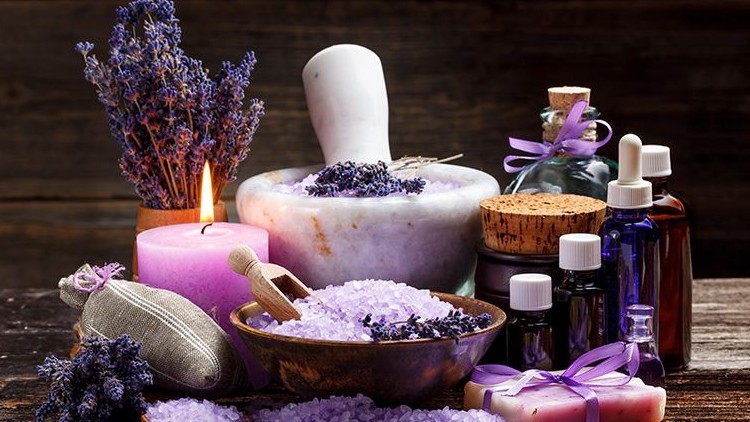- Your cart is empty
- Continue Shopping
Benefits of Aromatherapy

Aromatherapy, also known as essential oil therapy is the use of essential oils extracted from plants for holistic healing. Essential oils are made from flowers , herbs and tree parts like bark, roots, peels and petals. A range of essential oils have been found to have various degrees of antimicrobial activity and are believed to have antiviral antioxidant properties.
Generally essential oils are used to improve the health or mood of an individual. Application include massage, topical application and inhalation.
Benefits of aromatherapy
Although aromatherapy does not provide any cure for diseases, rashes or illnesses, however it provides support for various conditions .
Aromatherapy also reduces:
- Nausea
- Pain and body aches
- Anxiety, agitation, stress, and depression
- Fatigue and insomnia
- Muscular aches
- Headaches
- Circulatory problems
- Menstrual problems
- Menopausal problems
- Alopecia, or hair loss
Functions of different essential oil
Different oils have different uses and effects.
Basil essential oil is used to sharpen concentration and alleviate some of the symptoms of depression. It may relieve headaches and migraines . It should be avoided during pregnancy.
Bergamot essential oil is said to be useful for the urinary tract and digestive tract. When combined with eucalyptus oil it may help relieve skin problems, including those caused by stress and chikenpox
Rosemary essential oil may benefit the nervous and circulatory systems.
Black pepper essential oil is commonly used for stimulating the circulation, muscular aches and pains, and bruises. Combined with ginger essential oil, it is used to reduce arthritis pain and improve flexibility.
cinnamon essential oil is known to calm dry skin and to effectively alleviate aches, pain and stiffness experienced in the muscles and joint and in the digestive system
Clove essential oil is a topical analgesic, or painkiller, that is commonly used for toothache. It is also used as an antispasmodic antiemetic, for preventing vomiting and nausea, and as a carminative, preventing gas in the gut. It has antimicrobial, antioxidant and antifungal properties.
Eucalyptus essential oil can help relieve the airways during a cold or flu. It is often combined with peppermint. Many people are allergic to eucalyptus, so care should be taken.
nutmeg essential oil is a wonderful essential oil used in helping to ease digestive complaints as well as muscular aches and pains
lemongrass essential oil helps to fight bacteria, reduces inflammation , combats fungal infections, provides antioxidants, treats stomach issues easing rheumatoid arthritis and is also great for relaxation and massage.
cedarwood essential oil helps to ease tension, reduce stress, deodorize and freshen indoor environments, while also helping to repel insect
Jasmine essential oil has been described as an aphrodisiac. While scientific evidence is lacking, research has shown that the odor of jasmine increases beta waves, which are linked to alertness. As a stimulant, it might increase penile blood flow.
Lavender essential oil is used as an antiseptic for minor cuts and burns and to enhance relaxation and sleep. It is said to relieve headache and migraine symptoms.
Lemon essential oil is said to improve mood , and to help relieve the symptoms of stress and depression.
Rosemary essential oil may promote hair growth, boost memory, prevent muscle spasms, and support the circulatory and nervous systems.
Tea tree essential oil is said to have antimicrobial, antiseptic, and disinfectant qualities. It is commonly used in shampoos and skin care products, to treat acne , burns, and bites. It features in mouth rinses but it should never be swallowed, as it is toxic.
Thyme essential oil is said to help reduce fatigue, nervousness, and stress.
Yarrow essential oil is used to treat symptoms of cold and flu, and to help reduce joint inflammation.


